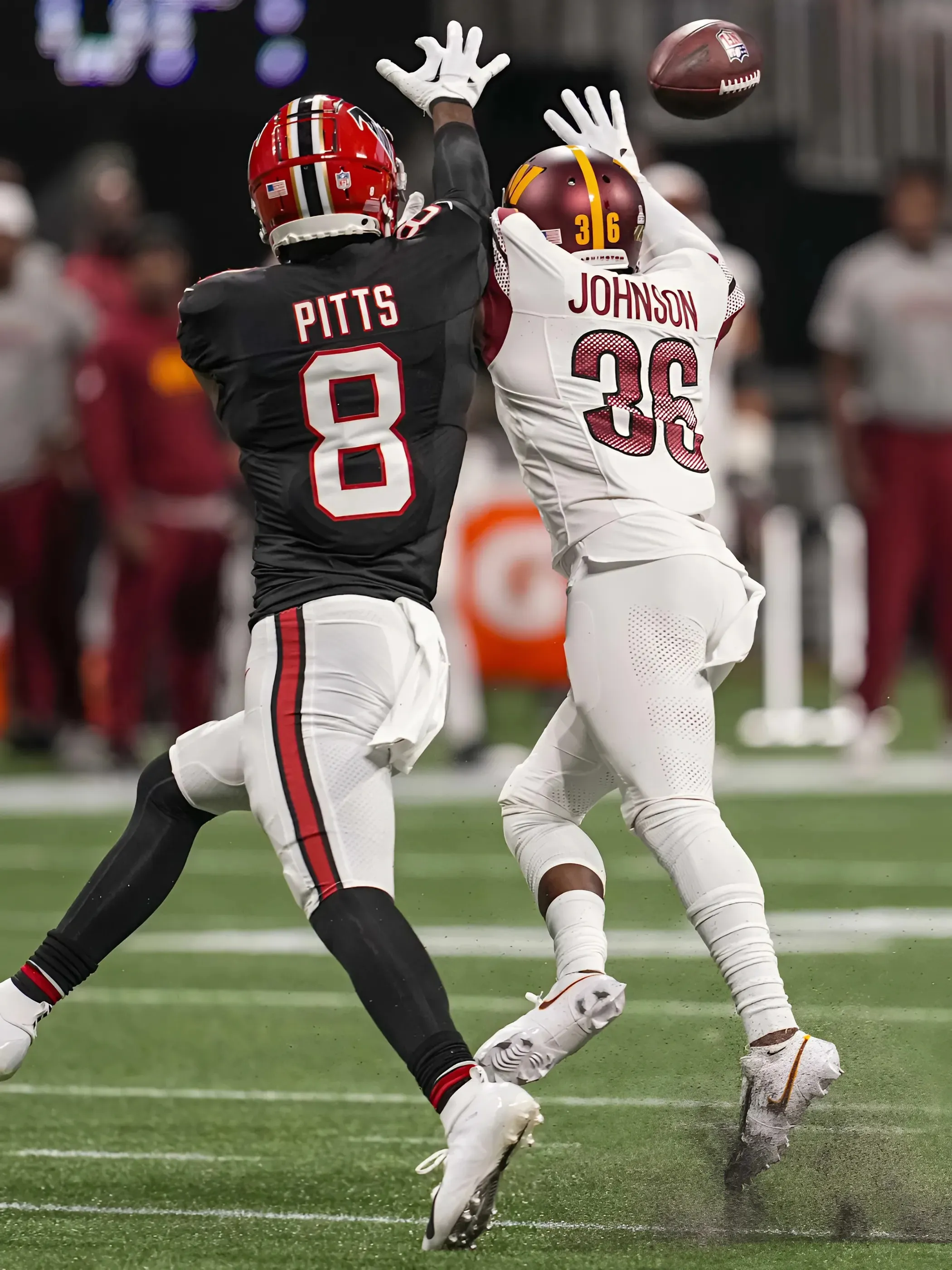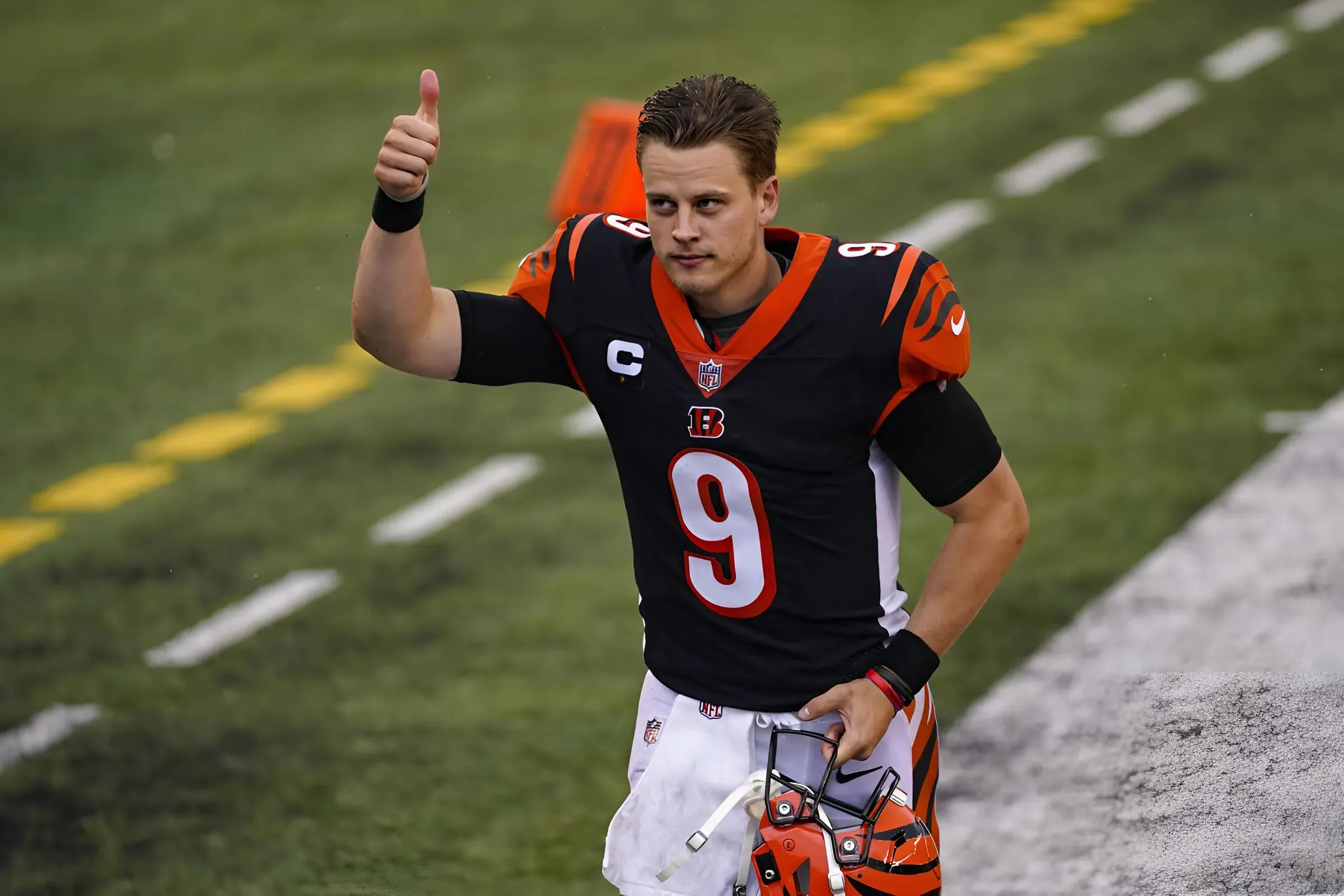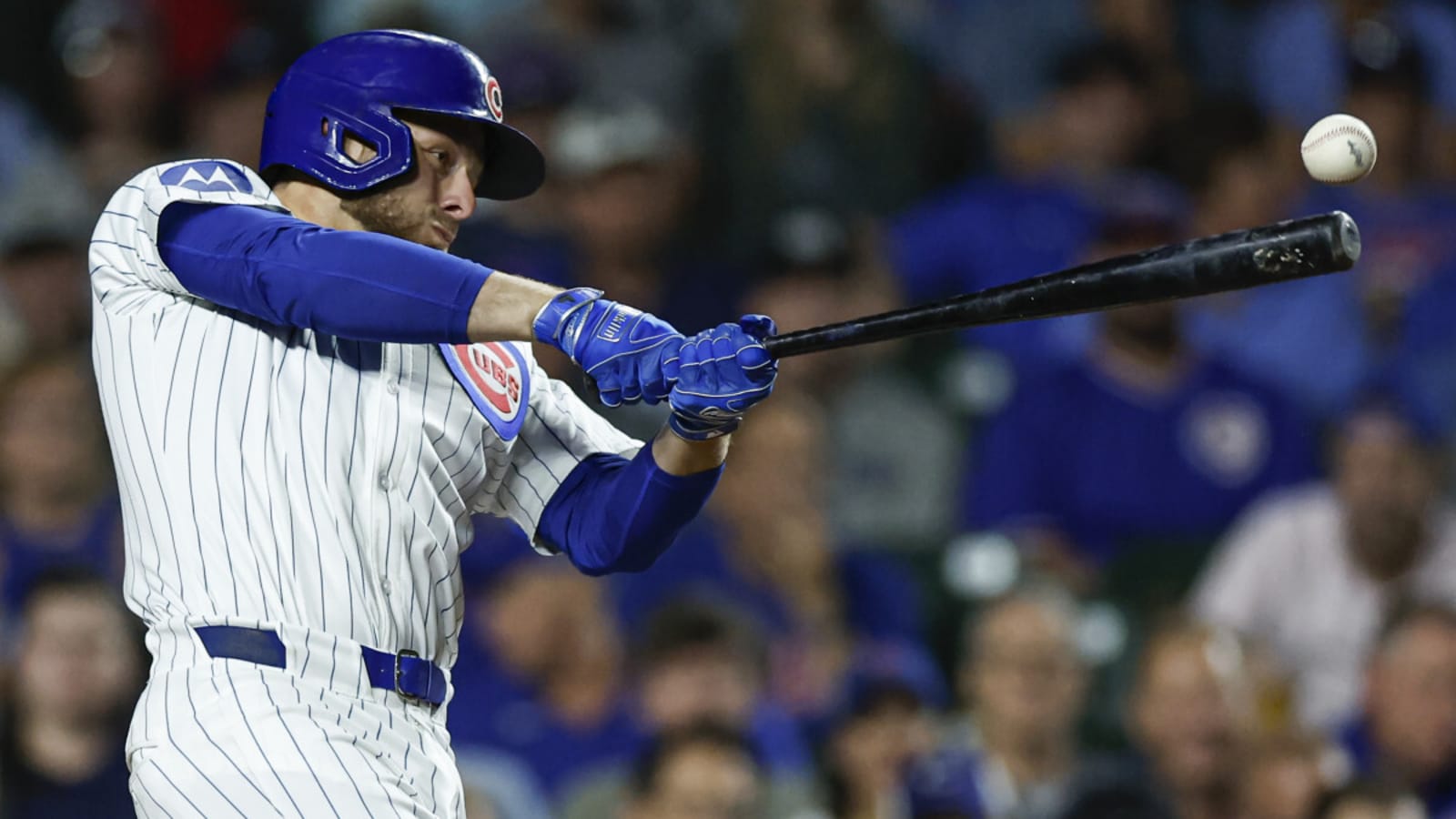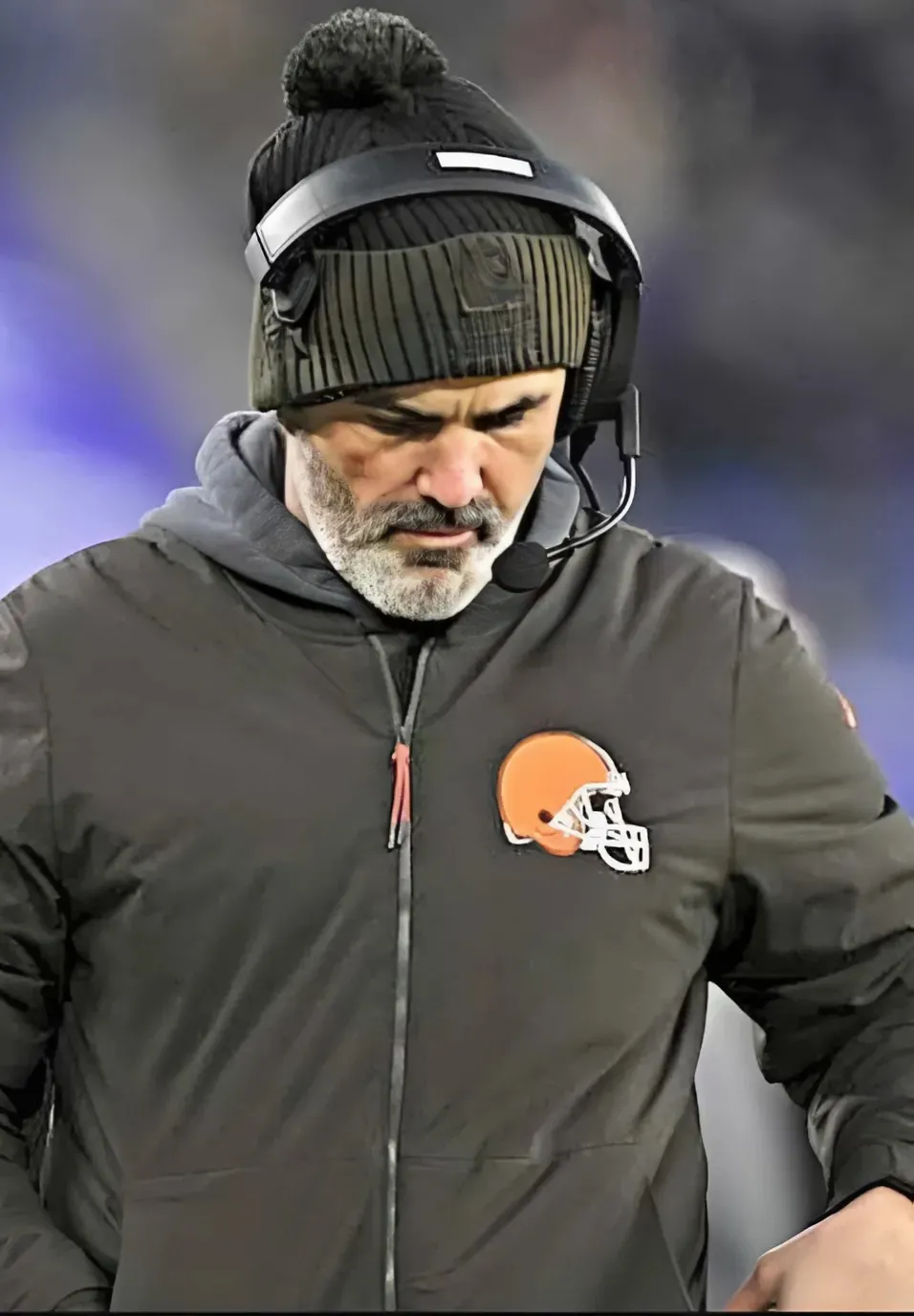
Well, it happened. The Last of Us went through with it. The moment that those of us who had played The Last of Us: Part II had been dreading since the HBO show was announced happened on Sunday night. If you somehow have not seen it yet and are worried about a spoiler, you should probably stop reading. There’s no way to discuss what went down without getting into what went down. All I’ll say for those of you tapping out here is that the show continues to be incredibly moving, able to devastate you without ever resorting to anything cheap. They’re adapting the game brilliantly, while also showing how, when they go in their own direction, there’s just as fruitful material to be mined. Of course, Sunday night was from the game, and it was a doozy.
Alright, last chance to turn back…
–
Here goes…
–

So, we all knew that Joel was going to get killed by Abby. It’s truly what sets the second game into motion, as well as what will motivate Ellie for the rest of the show’s run. Watching it happen, regardless, was gut-wrenching, in part because it wasn’t just tearing apart Pedro Pascal‘s Joel and Bella Ramsay‘s Ellie, but it was in an episode where you really get to know Kaitlyn Dever‘s Abby for the first time. Now, it’s war, coming off of immense tragedy.
Season One raised the bar for video game adaptations, as I wrote here. In that piece, I said the following, in part:
I don’t watch a ton of television. Hell, I play more video games than have TV shows I consistently watch. Normally, video game adaptations are the realm of films, often to terrible effect. So, the fact that The Last of Us was not just a show I was interested in, but considered a must-see, was a rare occurrence. The game is among the best ever made. The show? Hopes were high, but anything was possible. Well, we were all in luck, because this wasn’t just a great adaptation, but an instant classic prestige drama series.
The Last of Us seemed like it could succeed for a number of reasons. One was that it was being made with more care than most game adaptations. Neil Druckmann, the man behind the game and its sequel, was shepherding it, as was Craig Mazin, who’d blown so many away with Chernobyl. The fact that HBO was investing so heavily in it was a good sign. Throw in terrific casting, up top with Pedro Pascal and Bella Ramsey in the leads, as well as with a cavalcade of ace supporting players, including Nick Offerman and Murray Bartlett (more on them later), and it was seemingly set up for success. But, would it work? The answer, as it turned out, was a resounding yes.
Episode Three is an out and out masterpiece. The most overt change from the game’s plot, this episode sidelines our heroes for much of the hour, focusing on Offerman’s Bill and the relationship only hinted at in the video game. Here, Bill and Bartlett’s Frank get to live out a life. It’s heartbreaking and deeply moving. For my money, it’s the single best episode of television that I’ve seen in a very long time. Yes, it’s just that good.
The finale proved as emotional and haunting as we’d expected. Those who hadn’t played the game were almost certainly shocked, while those of us who had were stunned that it was depicted so well. It’s brutal, powerful, and lingers with you long after the credits roll. The Last of Us spent nine episodes building up to this, and boy howdy did it ever not disappoint.
The murder of Joel by Abby is not nearly as graphic as it could have been, but it manages to be plenty disturbing, due to the visible anguish of all involved. Again, having a game accomplish this is one thing, but to then have it translate on to the screen, is another. There’s art in tragedy, which The Last of Us has in spades.
Now, we’re on the other side of what will go down for those who haven’t played the game as one of television’s more shocking moments of late. This past episode also introduced large scale action like the show hasn’t done before, while still keeping the human factor in play. The tragedy of Jackson’s breach is not ignored, even if it feels different from what the show has done previously. In a way, the runway is clear for what the show wants to do going forward.
The rest of the season, as well as the rest of the run of The Last of Us, will determine where the show ultimately resides. However, right now, it feels like a work of art. Maybe it bungles things going forward, but for me, I’m still blown away by what I’m seeing. As we transition towards more Dever and more Ramsay, with less Pascal, the show has a chance to continually surprise. I know I’ll be watching…



